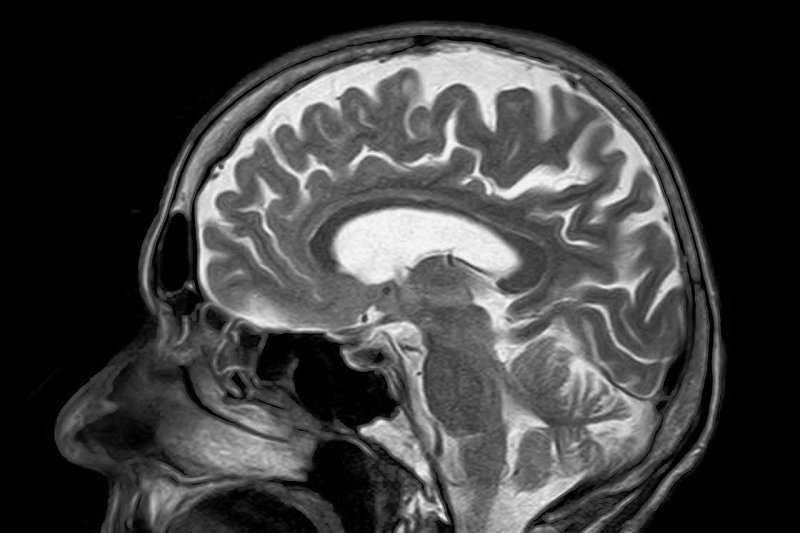Mild traumatic brain injuries can increase risk for early cognitive decline, including Parkinson's disease-like symptoms, a study with veterans found. Photo by
toubibe/Pixabay
Nov. 17 (UPI) -- Military veterans who suffer a mild traumatic brain injury during combat experience early cognitive decline within seven years of the incident, a study published Wednesday by PLOS One found.
The effects of the injury on cognitive function are comparable with those seen by people with early-stage Parkinson's disease and significantly worse than those felt by healthy non-veterans, the researchers said.
Parkinson's disease is a brain disorder that leads to shaking, stiffness and difficulty with walking, balance and coordination, according to the National Institute on Aging.
It may progress to include symptoms of dementia, or memory loss and declines in brain function, the institute says.
Although the study focused on the risks among veterans associated with combat, the results could have implications for others with a history of mild traumatic brain injury, according to the researchers.
"We found that young veterans with mild traumatic brain injury are exhibiting some specific premature cognitive aging effects," researchers from the University of North Texas Health Science Center and Texas Christian University wrote.
"[This] might be considered a possible phenotype linking remote mild traumatic brain injury to Parkinson's disease in later years," they said.
Traumatic brain injury, or TBI, is an injury to the brain caused by an external force that occurs when a sudden trauma results in damage to the brain, according to the National Institute of Neurological Disorders and Stroke.
It can occur when the head suddenly and violently hits an object, or when an object pierces the skull and enters brain tissue. TBI common among athletes and active-duty military in combat.
About 430,000 head injuries were suffered by active-duty servicemen and women between 2000 to 2018, with 82% classified as mild, the Department of Defense reported.
However, veterans with a history of mild TBI have a 56% higher risk of developing Parkinson's disease within 12 years of their injury, according to earlier research.
In addition, studies have shown that TBI increases the risk for ADHD among children and has been linked with dementia in older adults.
For this study, the researchers assessed 27 veterans ages 25 to 45 who had suffered a non-penetrating mild TBI -- which means it did not involve breaking through the skull -- during combat in the past seven years.
Their performance on several measures of cognitive function was compared with those of 30 healthy veterans and 30 healthy non-veterans -- all matched based on age and intelligence -- as well as 27 with Parkinson's disease at age 60 to 90 before the start of the study, the researchers said.
In all tests for cognitive function, the vets with mild TBI and Parkinson's took about 33% longer to complete tasks and performed less well than the healthy veterans and non-veterans, the data showed.
"We were able to show coincident similarities between veterans with mild TBI and Parkinson's disease in particular cognitive domains. ... We also found veterans with mild TBI significantly lagged behind their age- and IQ-matched controls," the researchers wrote.
They "performed more like older, early-stage Parkinson's disease subjects and presented cognitively as if they were at least three decades older on tests of cognitive flexibility, attention, processing speed and inhibitory control," they said.















